Filter by
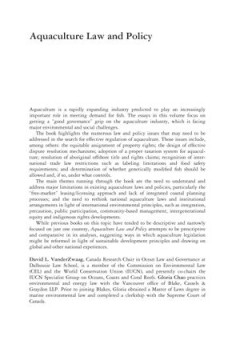
Aquaculture Law and Policy
The aquaculture industry is fast expanding around the globe and causing major environmental and social disruptions. The volume is about getting a 'good governance' grip on this important industry. The book highlights the numerous law and policy issues that must be addressed in the search for effective regulation of aquaculture. Those issues include among others: the equitable and fair assignmen…
- Edition
- -
- ISBN/ISSN
- 9780203966556
- Collation
- -
- Series Title
- -
- Call Number
- 300
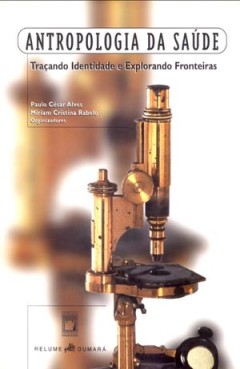
Antropologia da saúde: traçando identidade e explorando fronteiras
Tem como objetivos definir, problematizar e explorar o potencial da abordagem antropológica às questões relativas a saúde e doença. Ainda que todos os artigos tentem esclarecer e delimitar o campo de atuação da antropologia médica, não apresentam a mesma visão ao tratar das características internas e das fronteiras deste saber. Em alguns, a busca é por desconstruir dicotomias corren…
- Edition
- -
- ISBN/ISSN
- 9788575414040
- Collation
- -
- Series Title
- -
- Call Number
- 300
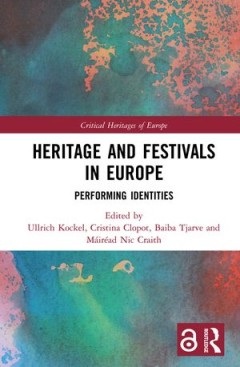
Heritage and Festivals in Europe : Performing Identities
Heritage and Festivals in Europe critically investigates the purpose, reach and effects of heritage festivals. Providing a comprehensive and detailed analysis of comparatively selected aspects of intangible cultural heritage, the volume demonstrates how such heritage is mobilised within events that have specific agency, particularly in the production and consumption of intrinsic and instrumenta…
- Edition
- -
- ISBN/ISSN
- 978- 0- 429- 20296- 4
- Collation
- -
- Series Title
- Critical Heritages of Europe
- Call Number
- 363.69 HER
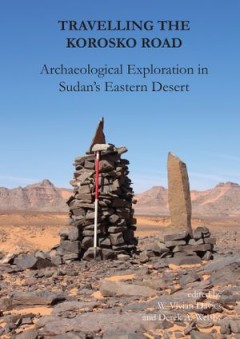
Travelling the Korosko Road: Archaeological Exploration in Sudan’s Eastern …
This volume publishes accounts of archaeological exploration carried out during the last 30 years or so in the Sudanese Eastern Desert. It is divided into two related parts. The first and foremost covers results from the work of the Centro Ricerche sul Deserto Orientale (CeRDO), which is based at Varese in northern Italy. Between 1989 and 2006, CeRDO, directed by the brothers Alfredo and Ang…
- Edition
- -
- ISBN/ISSN
- 9780000000816
- Collation
- -
- Series Title
- -
- Call Number
- 300
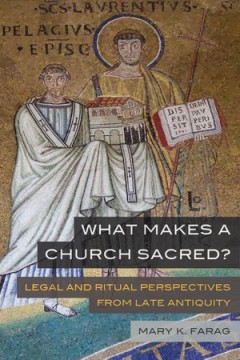
What Makes a Church Sacred?: Legal and Ritual Perspectives from Late Antiquity
What is the purpose of a church? Who owns a church? Mary K. Farag persuasively demonstrates that three groups in late antiquity were concerned with these questions: Christian leaders, wealthy laypersons, and lawmakers. Conflicting answers usually coexisted, but from time to time they clashed and caused significant tension. In these disputes, juridical regulations and opinions mattered more than…
- Edition
- -
- ISBN/ISSN
- 9780520382015
- Collation
- -
- Series Title
- -
- Call Number
- 300
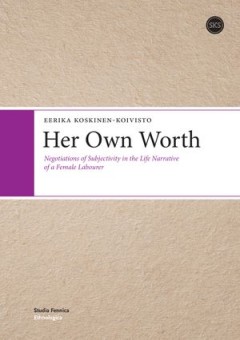
Her Own Worth : Negotiations of Subjectivity in the Life Narrative of a Fema…
"In this study, I examine the life narrative of a female factory labourer, Elsa Koskinen (née Kiikkala, born in 1927). I analyze her account of her experiences related to work, class and gender because I seek to gain a better understanding of how changes in these aspects of life influenced the ways in which she saw her own worth at the time of the interviews and how she constructed her subject…
- Edition
- -
- ISBN/ISSN
- 978-952-222-753-9
- Collation
- -
- Series Title
- Studia Fennica Ethnologica 16
- Call Number
- 331.11 KOS h
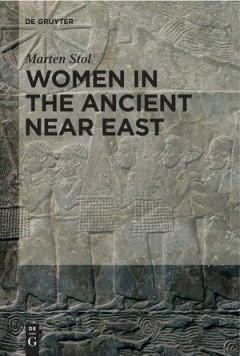
Women in the Ancient Near East
Women in the Ancient Near East offers a lucid account of the daily life of women in Mesopotamia from the third millennium BCE until the beginning of the Hellenistic period. The book systematically presents the lives of women emerging from the available cuneiform material and discusses modern scholarly opinion. Stol's book is the first full-scale treatment of the history of women in the Ancient …
- Edition
- -
- ISBN/ISSN
- 9781614513230
- Collation
- -
- Series Title
- -
- Call Number
- 300
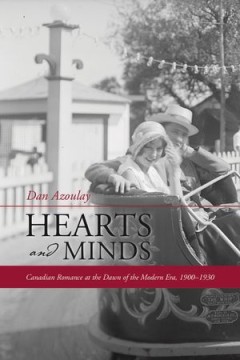
Hearts and Minds : Canadian Romance at the Dawn of the Modern Era, 1900-1930
What was romance like for Canadians a century ago? What qualities did marriageable men and women look for in prospective mates? How did they find suitable partners in difficult circumstances such as frontier isolation and parental disapproval, and, when they did, how did courtship proceed in the immediate post-Victorian era, when traditional romantic ideals and etiquette were colliding with the…
- Edition
- -
- ISBN/ISSN
- 978-1-55238-582-1
- Collation
- -
- Series Title
- -
- Call Number
- 392.409 710 904 1 AZO h
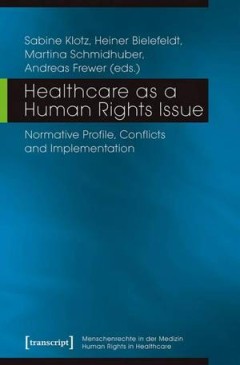
Healthcare as a Human Rights Issue : Normative Profile, Conflicts and Impleme…
This book deals with various facets of the human right to health: its normative profile as a universal right, current political and legal conflicts and contextualized implementation in different healthcare systems. The authors come from different countries and disciplines—law, political science, ethics, medicine etc.—and bring together a broad variety of academic and practical perspectives.…
- Edition
- -
- ISBN/ISSN
- 978-3-8394-4054-4
- Collation
- -
- Series Title
- -
- Call Number
- 362.1 HEA
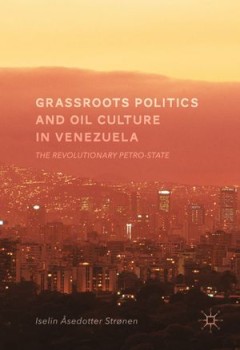
Grassroots Politics and Oil Culture in Venezuela: The Revolutionary Petro-State
petro-state; corruption; extractive capitalism; Hugo Chavez; revolution
- Edition
- -
- ISBN/ISSN
- 9783319595061
- Collation
- -
- Series Title
- -
- Call Number
- 301 STR g
 Computer Science, Information & General Works
Computer Science, Information & General Works  Philosophy & Psychology
Philosophy & Psychology  Religion
Religion  Social Sciences
Social Sciences  Language
Language  Pure Science
Pure Science  Applied Sciences
Applied Sciences  Art & Recreation
Art & Recreation  Literature
Literature  History & Geography
History & Geography